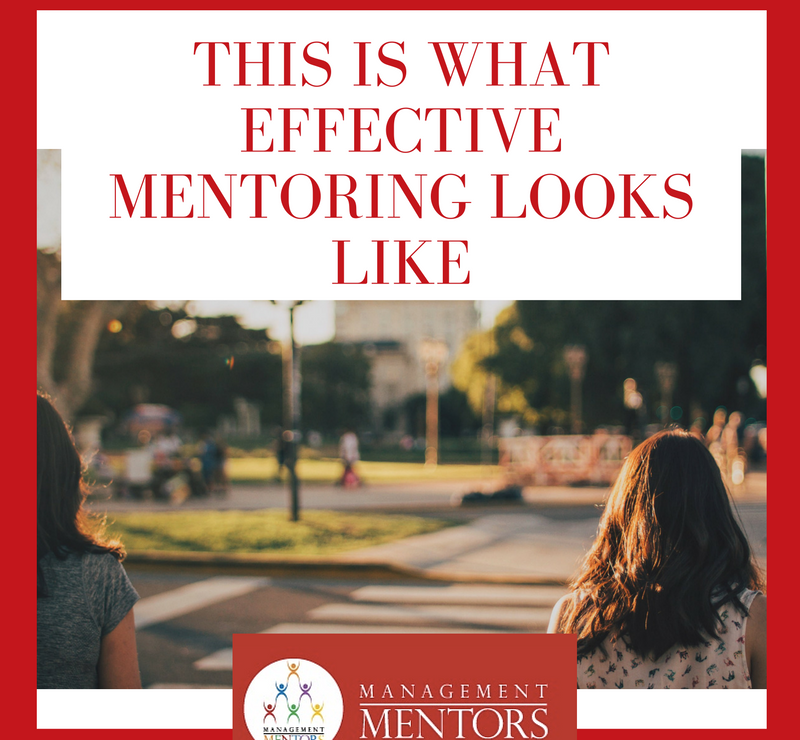

Effective mentoring is a two-way street, meaning that both mentor and mentoree must actively participate in the relationship to make it work. So what would an effective mentoring relationship look like? Here are some signs:
1. The Mentor and Mentoree Look Forward to Their Time Together
Mentoring shouldn’t feel like a chore. Instead, both mentors and mentorees should look forward to meeting and discussing progress and challenges, deepening the relationship, and enjoying lighthearted moments as well (e.g. laughter, good stories).
2. The Mentoree Feels the Transformative Effect of Mentoring
An effective mentoring relationship results in the mentoree’s personal and professional transformation. When the mentoring relationship “is right,” the mentoree will feel this in much the same way a person knows when a new friendship or romantic relationship “feels right.” The mentoree is enthusiastic about the relationship, looks forward to meetings, is excited by the progress she/he is making, and so forth.
3. The Mentoree Sees Actual Evidence of the Transformative Effect of Mentoring
Of course, effective mentoring is more than just a feeling. Over the course of relationship, the mentoree will see actual evidence that he/she is transforming on a professional and personal level (i.e. the mentoring objectives the pair identified will be met).
For example, if the mentoree is working on feeling more self-confident and assertive in the workplace, the mentoree might find herself/himself participating more in group brainstorming discussions (and that it gets easier every time) or advocating for a lead role on a project.

4. The Mentor Does More than Simply Show up for the Scheduled Meetings
Yes, the mentoree does the heavy lifting in a mentoring relationship, but the mentor still plays a pivotal role, one that extends beyond the regularly scheduled meetings. The most effective mentoring relationships often involve mentors who remain involved beyond the meetings. They might text the mentoree to see how the presentation went or share an article that might be relevant to the mentoree in some way.
5. Both Mentor and Mentoree Provide Detailed Feedback to the Program Manager
One sign of a good relationship is when the mentor and mentoree have a lot to say to when the program manager conducts check-ins. Happy mentors and mentorees typically want to share their experiences, including the positive changes that are happening and the challenges they’ve overcome.
6. The Mentor and Mentoree Don’t Avoid Difficult Conversations
Effective mentoring doesn’t mean everything is hunky-dory 100% of the time. Life happens. Challenges come up. Hard conversations sometimes need to happen. The mentors and mentorees who have the most success are the ones who don’t shy away from these things and who aren’t afraid to ask for help from the program manager when necessary.